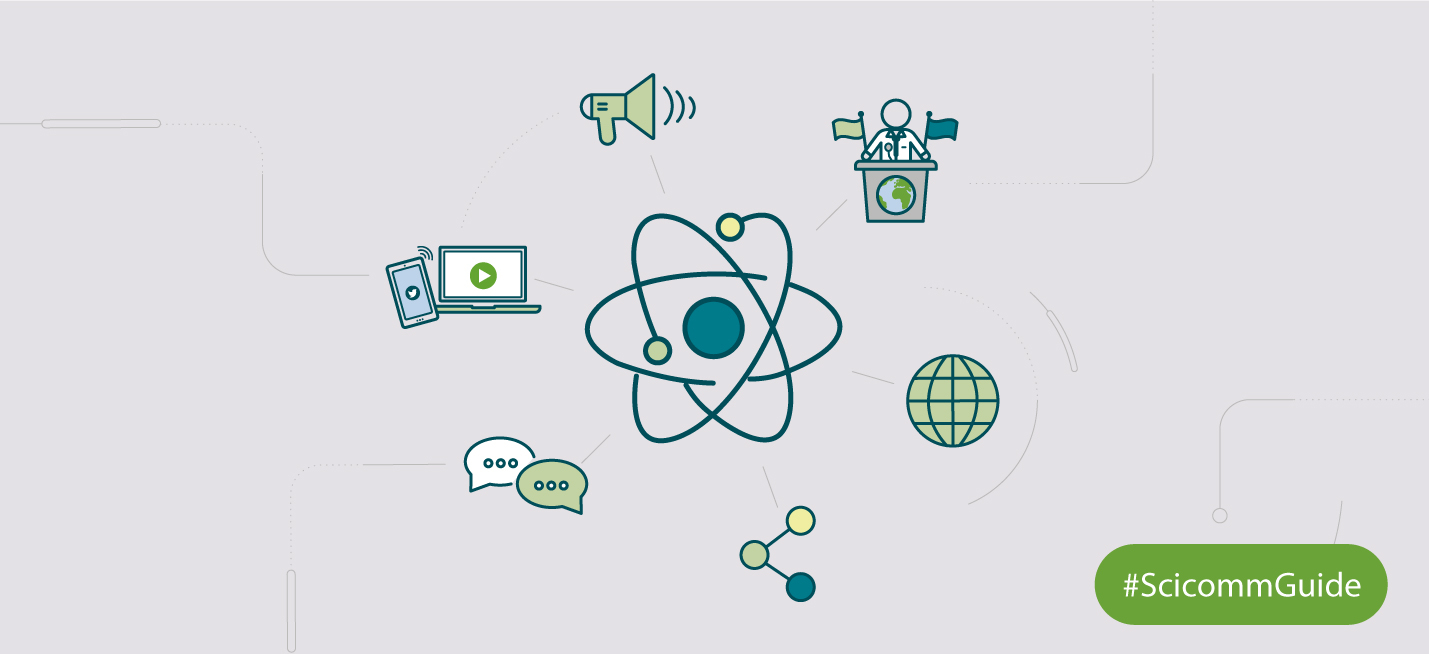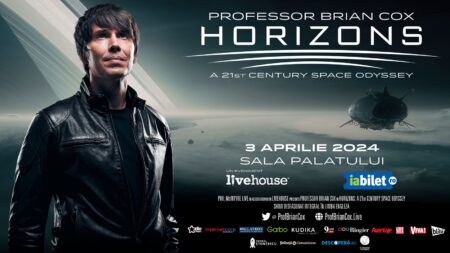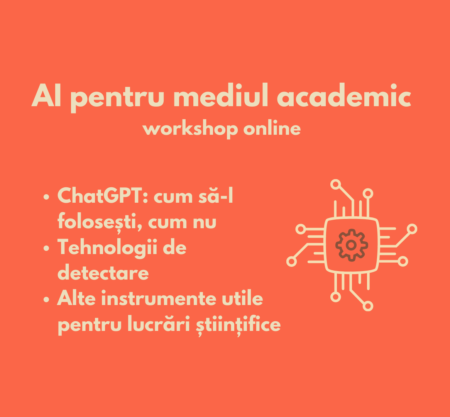I recommend this interview with Imran Khan, science advocacy officer at Wellcome Trusta British foundation that has been working for years to find ways to prevent the next global epidemic. It's especially interesting for those curious about how to get into a career as a science communicator. Imran Khan has had a typical career path (although she claims in the interview that there is no typical path), from a bachelor's degree in biology to a master's degree in science communication.
His focus is on the relationship between the public and science - what in English is called "public engagement", but I couldn't find a translation that would satisfy me in Romanian. (If you have any ideas, write me [email protected]).
He emphasises that his role involves first being attentive to the needs of the audience. In general, those working in science communication tend to communicate only in the sense of telling the world how wonderful science is. In fact, communication needs to start the other way around - from what is important to the intended audience and explaining how science addresses those concerns.
According to Imran, involvement in science is increasingly being approached from the public's perspective. Previously, it was assumed that the aim was to tell people how amazing and important science is, "“but for a working parent with a full schedule, learning about antibiotic resistance or genetics isn’t going to be on the top of their list." Science professionals need to understand what is important to the public and go from there; make engagement more people-centred. "Science communication and engagement hasn’t become any less or more important over the years but people are being much more deliberate about engagement. It’s not about doing engagement just for engagement’s sake but because there is something to change or improve."
The full interview is here (language: Romanian) and was the first article in a series that Hindawi, a publisher of open access research journals, will dedicate it to science and communication.





